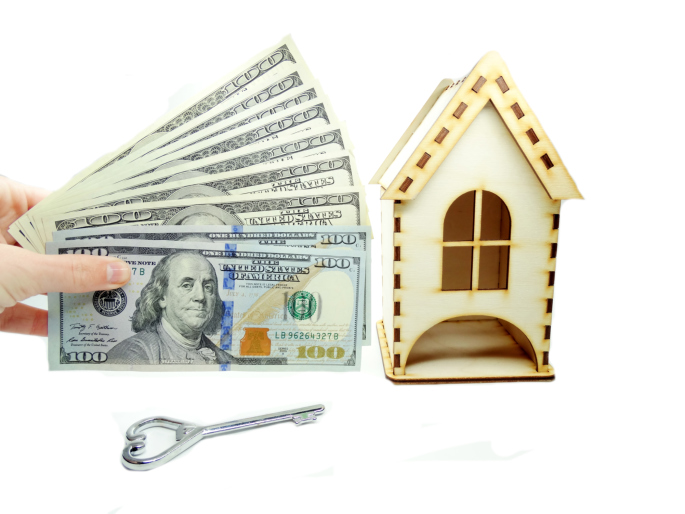3 Money-Smart Reasons To Downsize Your Home
 Living big isn’t necessarily living better. Apartment buildings, townhouses and multiplexes have become the new normal for increasing numbers of individuals, couples and families. It’s clear that for many people, smaller spaces are smarter, too.
Living big isn’t necessarily living better. Apartment buildings, townhouses and multiplexes have become the new normal for increasing numbers of individuals, couples and families. It’s clear that for many people, smaller spaces are smarter, too.
This attitude is more than just a trend. According to TIME Magazine, multi-family dwellings like condominiums accounted for 40% of new construction in the United States in 2014 and the movement shows few signs of slowing down.
The change isn’t surprising when considering the benefits to moving, especially when it comes to sheer cost-savings. Whether residents are spending less cash or conserving their valuable time and resources, they’re going to see a difference in their bank accounts.
Here are three money-smart reasons to downsize that can lead to big savings.
1. Reduced Maintenance
Maintaining a single-family dwelling can be difficult. Clearing gutters, painting walls, weeding the garden and other unpleasant tasks have serious costs, as residents are forced to invest their valuable time and resources into these recurring chores.
Switching to a smaller space means less maintenance, which can lead to serious savings. Multi-family dwellings typically have a building manager who is responsible for upkeep, leading to serious savings.
2. Heating, Water and More
Utilities are much less costly after downsizing. The less square footage a home has, the less electricity, water and other utilities it will require. Residents have the potential to save hundreds of dollars in costs.
There’s also an added benefit if there are shared utilities divided between other residents of multi-family dwellings. Splitting subscriptions or services like Internet and cable can lead to much lower prices.
Moving to smaller spaces makes these invoices less expensive, which gives residents a bonus every month.
3. Location is Key
Apartment buildings, condominiums and other compact dwellings are often located in central areas close to useful services and businesses. This convenience is a major cost-cutting reason that encourages many people to move.
The Nielsen Company actually found that 62% of millennials would choose to live in communities that combine residential homes and businesses. By being closer to things they value, residents save themselves time, a valued commodity.
Why Moving is a Smart Move
These three money-smart reasons are major factors into why people move into smaller spaces. It’s hard to resist saved time and resources, reduced maintenance, lower utility bills and increased convenience. Learn more about potential savings from your local mortgage professional today.

 When delving into the world of real estate and investment property, there are many terms that will come up that require further explanation. Whether you’ve never heard the phrase ‘home equity’ before or you have a little familiarity, here are the ins and out of what it means and how this asset can help your financial outlook.
When delving into the world of real estate and investment property, there are many terms that will come up that require further explanation. Whether you’ve never heard the phrase ‘home equity’ before or you have a little familiarity, here are the ins and out of what it means and how this asset can help your financial outlook. The real estate market is rife with terminology that can make a home purchase seem more than a little complicated. If you’re currently looking for a home and are considering your loan options, you may have even heard the term ‘Debt to Income’ ratio. In the interest of simplifying things, here are some insights on what this term means and how it can impact your home investment.
The real estate market is rife with terminology that can make a home purchase seem more than a little complicated. If you’re currently looking for a home and are considering your loan options, you may have even heard the term ‘Debt to Income’ ratio. In the interest of simplifying things, here are some insights on what this term means and how it can impact your home investment.